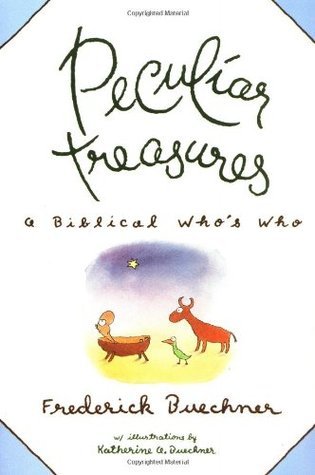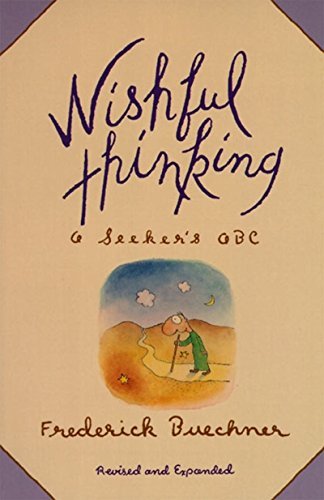
Part of Series
In this second book of his popular lexical trilogy, Frederick Buechner profiles more than 125 of the Bible's most holy and profane people—and one whale. In his lively and witty prose, Buechner brings to life such moments from scripture as: Adam's pangs of regret for a remembered Eden Delilah's last glimpse of Samson as they dragged him away Lazarus' first impressions upon rising from the dead To read Peculiar Treasures is to realize that many of these legendary figures are not who we thought they were. But they are—in their human dreams,ambitions, and imperfections—very much like us.
Author

Frederick Buechner is a highly influential writer and theologian who has won awards for his poetry, short stories, novels and theological writings. His work pioneered the genre of spiritual memoir, laying the groundwork for writers such as Anne Lamott, Rob Bell and Lauren Winner. His first book, A Long Day's Dying, was published to acclaim just two years after he graduated from Princeton. He entered Union Theological Seminary in 1954 where he studied under renowned theologians that included Reinhold Niebuhr, Paul Tillich, and James Muilenberg. In 1955, his short story "The Tiger" which had been published in the New Yorker won the O. Henry Prize. After seminary he spent nine years at Phillips Exeter Academy, establishing a religion department and teaching courses in both religion and English. Among his students was the future author, John Irving. In 1969 he gave the Noble Lectures at Harvard. He presented a theological autobiography on a day in his life, which was published as The Alphabet of Grace. In the years that followed he began publishing more novels, including the Pulitzer Prize finalist Godric. At the same time, he was also writing a series of spiritual autobiographies. A central theme in his theological writing is looking for God in the everyday, listening and paying attention, to hear God speak to people through their personal lives.

